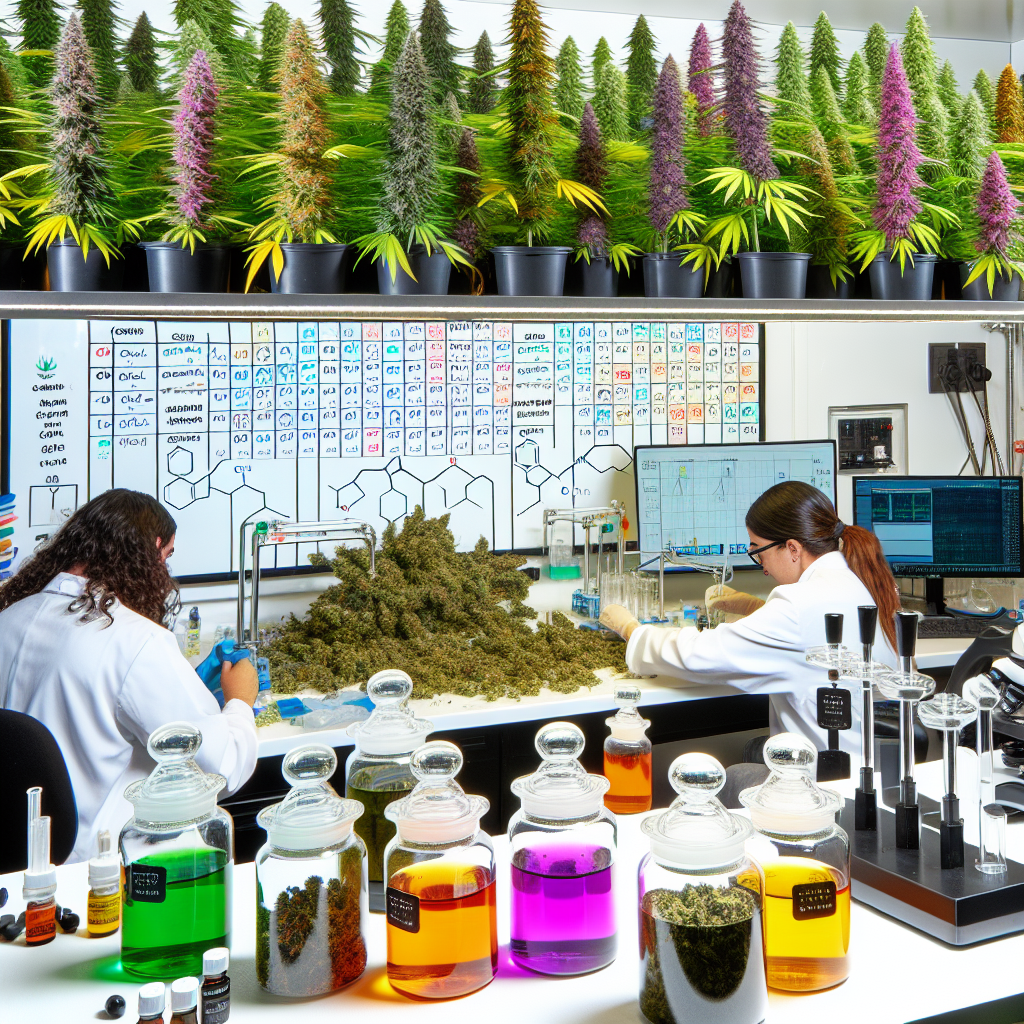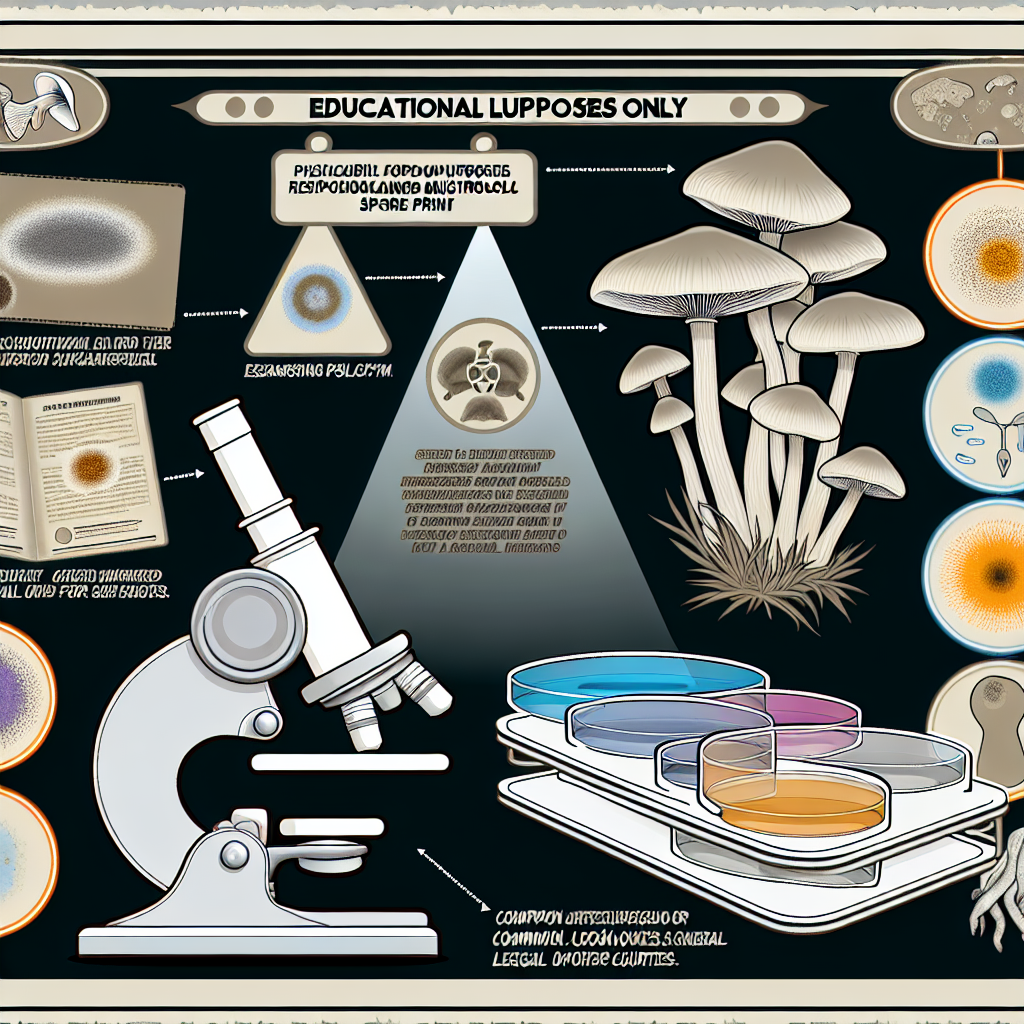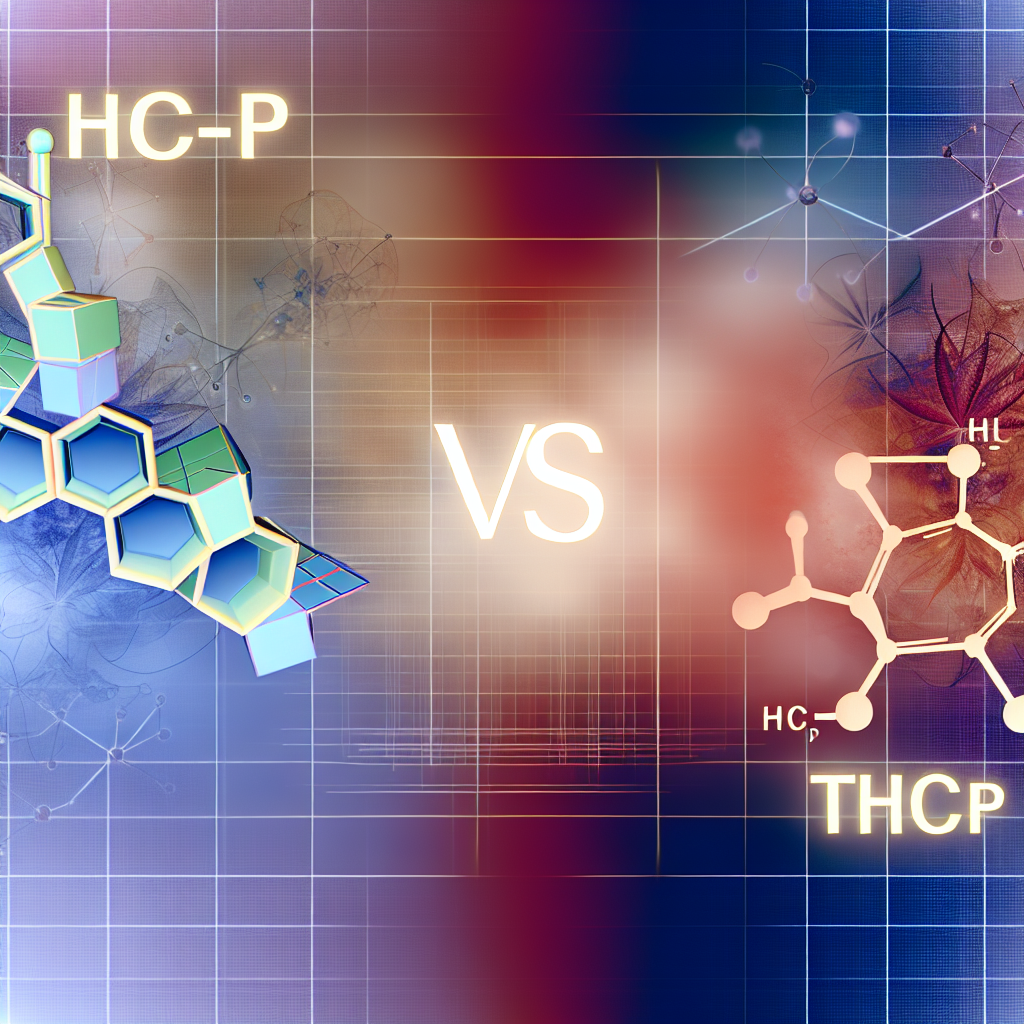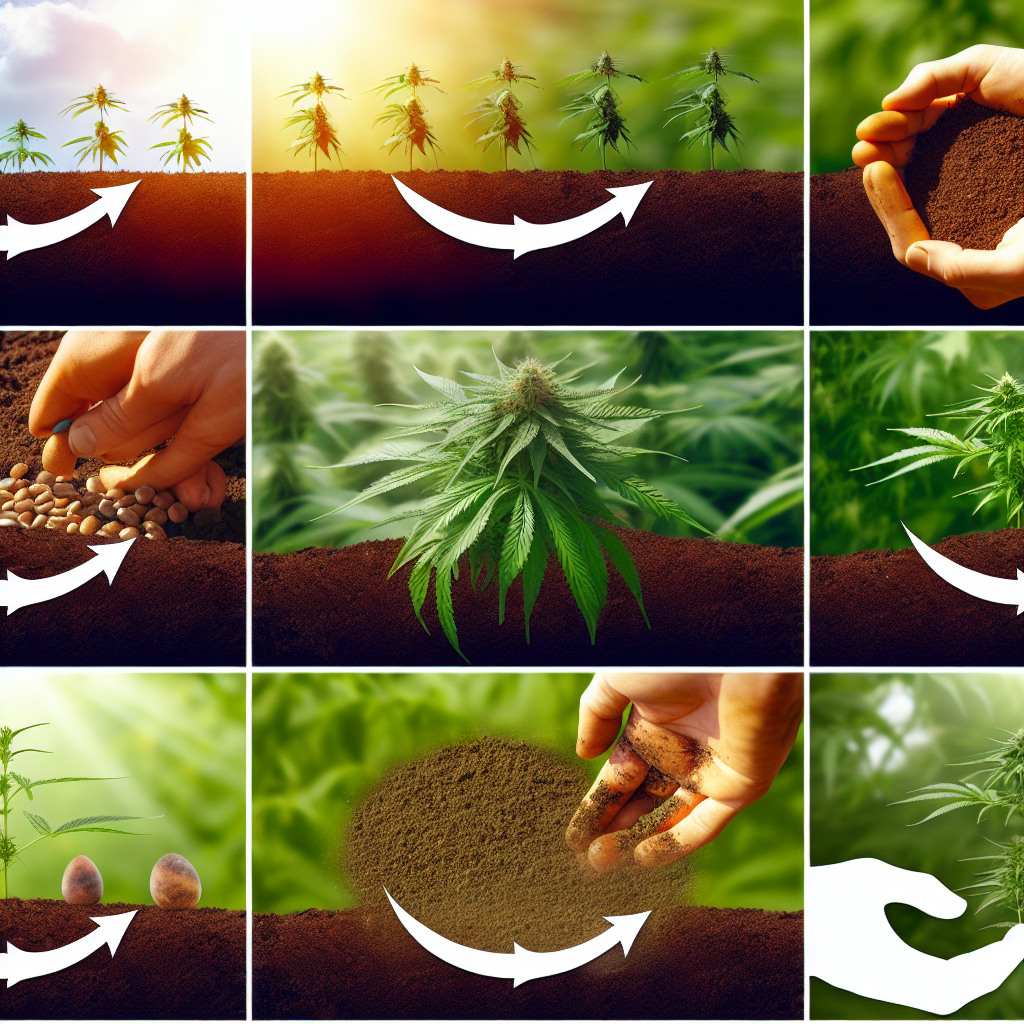Cannabis Terpene Blending Lab: Create Custom Strain Profiles
Unlocking the Future of Personalized Cannabis
The cannabis industry has entered a new, more sophisticated era, where consumers and professionals alike seek more than just THC or CBD potency—they’re looking for personalized experiences. Among the most exciting innovations in the space is the science—and art—of cannabis terpene blending. This cutting-edge approach focuses on tailoring strain profiles through custom terpene formulations, allowing for a wide range of effects, flavors, and therapeutic outcomes.
Terpenes are aromatic compounds naturally found in all plants, including cannabis, and they’re responsible not only for the distinct scents and flavors but also for modulating the effects of cannabinoids through what’s known as the entourage effect. Emerging research and anecdotal evidence alike point to terpenes such as myrcene, limonene, and linalool as key influencers in determining how a cannabis strain impacts the user—whether that’s calming, uplifting, stimulating, or sedative.
While traditional strains are often marketed with vague descriptions or unreliable effects due to inconsistent terpene profiles, cannabis professionals are now focusing on terpene data to craft consistent and tailored products. Enter the Cannabis Terpene Blending Lab, a concept rapidly gaining traction among extractors, cultivators, product formulators, and medical specialists. These labs harness analytical chemistry tools like gas chromatography and mass spectrometry to decipher terpene profiles and then recreate or enhance those profiles through blending. The goal? Develop bespoke cannabis experiences tailored to specific medical conditions, consumer preferences, or even mood states.
For consumers interested in wellness or medicinal use, custom terpene profiles could be pivotal. Creating a profile that minimizes anxiety, enhances focus, or promotes restfulness can be far more effective than choosing between two strains with similar names but unpredictable effects. Likewise, professionals in cannabis retail, product development, or medical practice find value in terpene-driven formulations to match patient or customer needs precisely.
This technological advancement in the cannabis space does not just offer a more refined experience—it is setting the stage for a new standard in product development and user personalization. Cannabis terpene blending labs are the future of precision cannabis therapy and lifestyle alignment.
Scientific Validation of Custom Terpene Profiles
Scientific research increasingly supports the practical value of terpene customization in cannabis. The “entourage effect,” first widely discussed in a 1999 study by Dr. Raphael Mechoulam and Shimon Ben-Shabat, proposes that cannabinoids like THC work more effectively when combined with other compounds like terpenes. This synergy may enhance therapeutic benefits and reduce adverse effects such as anxiety or paranoia.
A 2011 paper published in the British Journal of Pharmacology by Dr. Ethan Russo provides comprehensive data that supports terpene functionality. Russo discusses how myrcene, for example, has sedative properties likely responsible for the “couch-lock” effect in many indica strains. Limonene is noted for its mood-enhancing and potentially anti-anxiety properties. Linalool, another key terpene, has shown promise for anti-depressant and anti-inflammatory impact. Such knowledge gives credence to the idea that terpene profiles can be crafted to yield specific results in end-users.
From a medical standpoint, custom terpene profiles are now influencing how cannabis is prescribed. In countries like Israel and Canada, where medical cannabis is more regulated, doctors are already working with producers to ensure terpene consistency and customization in prescribed products. For example, the Israeli startup Eybna Technologies combines botanical terpenes to craft functional terpene blends that can address specific mood states or medical conditions. These blends are increasingly incorporated into vape pens, tinctures, and capsules, bringing a level of precision more aligned with pharmaceutical standards.
The Role of Labs and Technology in Terpene Innovation
Furthermore, consumer cannabis labs such as SC Labs and Steep Hill have begun offering terpene analysis on top of cannabinoid screening for products and flower samples. These insights are used by cultivators to refine their grow methods for consistent profiles and by formulators to blend terpene isolates in beverages, edibles, and topicals.
Custom terpene labs also facilitate microdosing research. Because terpenes can influence the time of onset and duration of effects, professionals exploring low-dose THC or high-CBD regimens find that tweaking the terpene content can help refine efficacy without needing to increase cannabinoid concentrations.
In essence, cannabis terpene blending is bridging scientific rigor and artisanal creativity, guiding both the recreational and medical market toward bespoke, outcome-driven products.
Redefining Cannabis: Personalized Effects With Purpose
The Cannabis Terpene Blending Lab isn’t just an industry novelty—it represents a transformative direction in how cannabis is formulated and experienced. By leveraging the unique capabilities of terpenes, professionals and consumers can move beyond the limitations of traditional strain classification into a new age of precision, personalization, and performance.
Navigating cannabis with scientific clarity and individualized intent is no longer a dream of the future—it’s happening now.
Concise Summary:
The cannabis industry is entering a new era where personalized experiences are in high demand. One of the most exciting innovations is the science and art of cannabis terpene blending. By harnessing analytical tools, cannabis professionals can create bespoke terpene profiles to yield specific effects, flavors, and therapeutic outcomes tailored to individual needs. This technological advancement is setting the stage for a new standard in product development and user personalization, redefining how cannabis is formulated and experienced.
References:
– Russo, E. B. (2011). Taming THC: potential cannabis synergy and phytocannabinoid-terpenoid entourage effects. British Journal of Pharmacology.
– Mechoulam, R., & Ben-Shabat, S. (1999). The ‘entourage effect’ of the cannabis plant. European Journal of Pharmacology.
– Eybna Technologies
– SC Labs
– Steep Hill Labs
– Leafly Terpenes Guide




